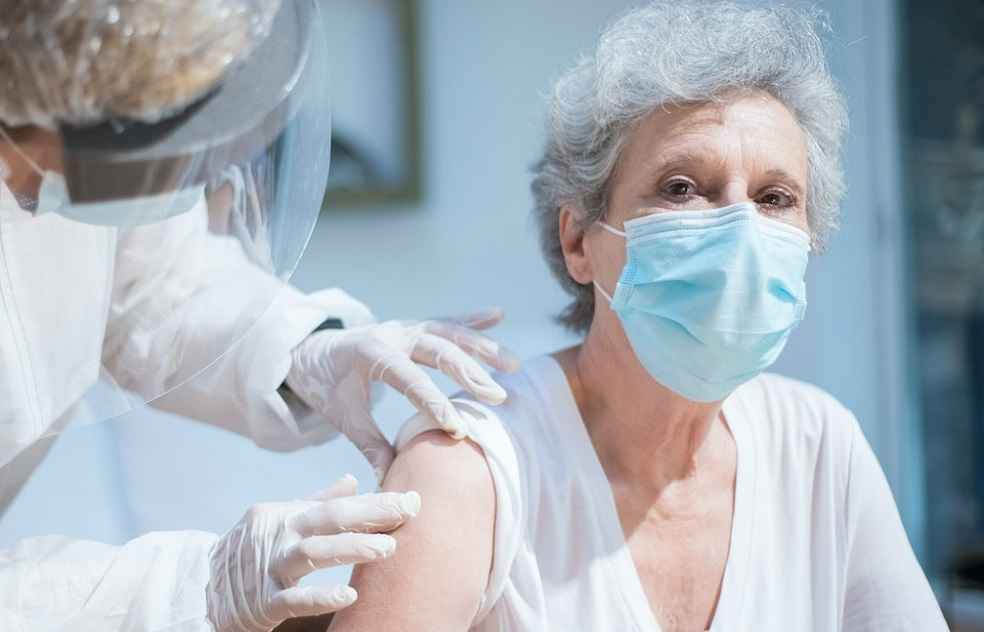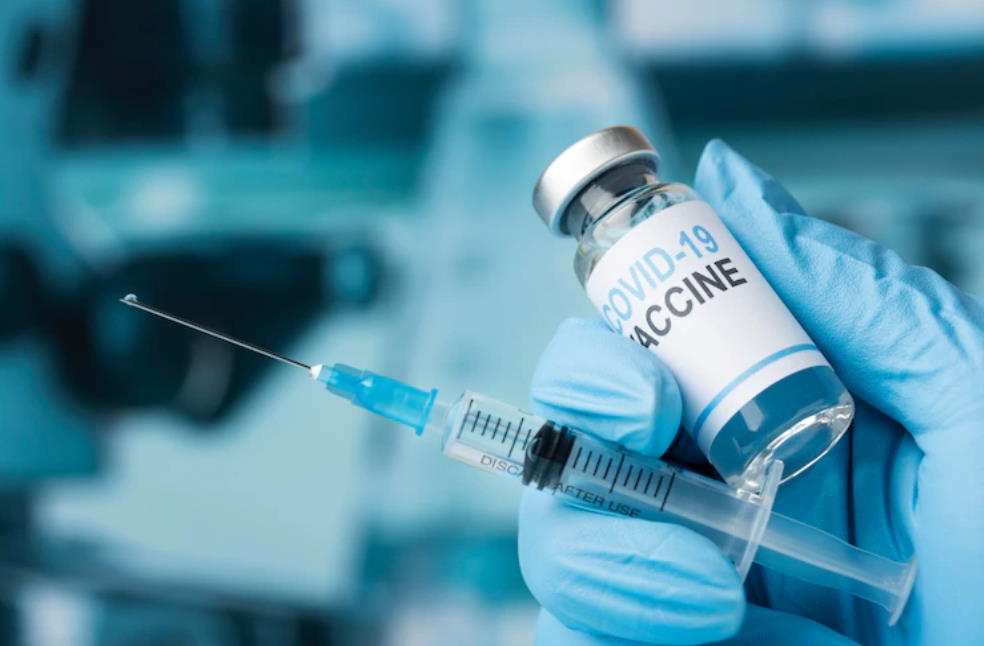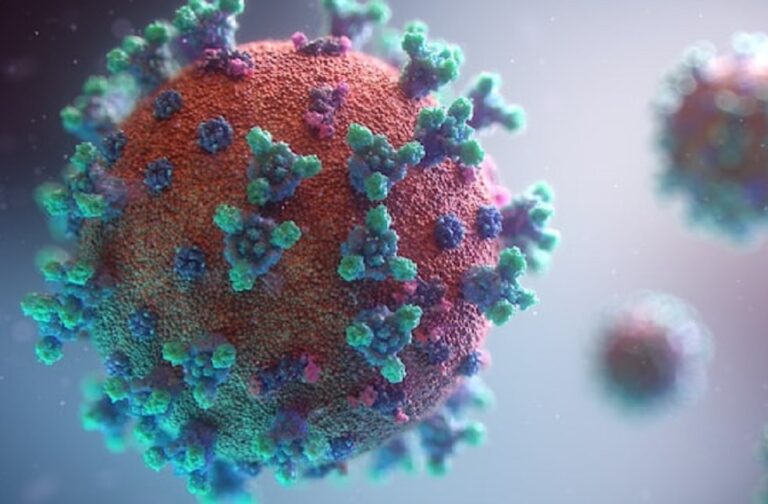Australia: A new study by Australian researchers has found a protein in the lungs that sticks to the COVID-19 virus like velcro and immobilises it. This may explain why some people do not become ill with the virus while others suffer from severe illness.
The research was led by Mr. Greg Neely, a professor of functional genomics with the University of Sydney’s Charles Perkins Centre, in collaboration with Dr. Lipin Loo, a postdoctoral researcher, and Mr. Matthew Waller, a PhD student. The findings of the study were published in the journal PLOS Biology.

The team used human cells in tissue culture to search the whole human genome for proteins that can bind to Sars-CoV-2, the virus that causes COVID-19.
The study was conducted with the help of a genetic engineering tool known as Crispr, which allowed them to turn on all genes in the human genome and then look to see which of those genes give human cells the ability to bind to the Sars-CoV-2 spike protein. The spike protein is crucial to the virus’s ability to infect human cells with the disease.

“When we look at lungs from patients that died of COVID-19 there is much of this protein. But we couldn’t look at the lungs of patients that survived Covid as lung biopsy is not something that is easy to do on live people. We predict there is more of this protein in survivors versus those that died of COVID,” Mr. Neely remarked.
“Our data suggests that higher levels of LRRC15 would result in people having less severe disease. The fact that there’s this natural immune receptor that we didn’t know about, that’s lining our lungs and blocks and controls virus, that’s crazy interesting,” the Professor added.



